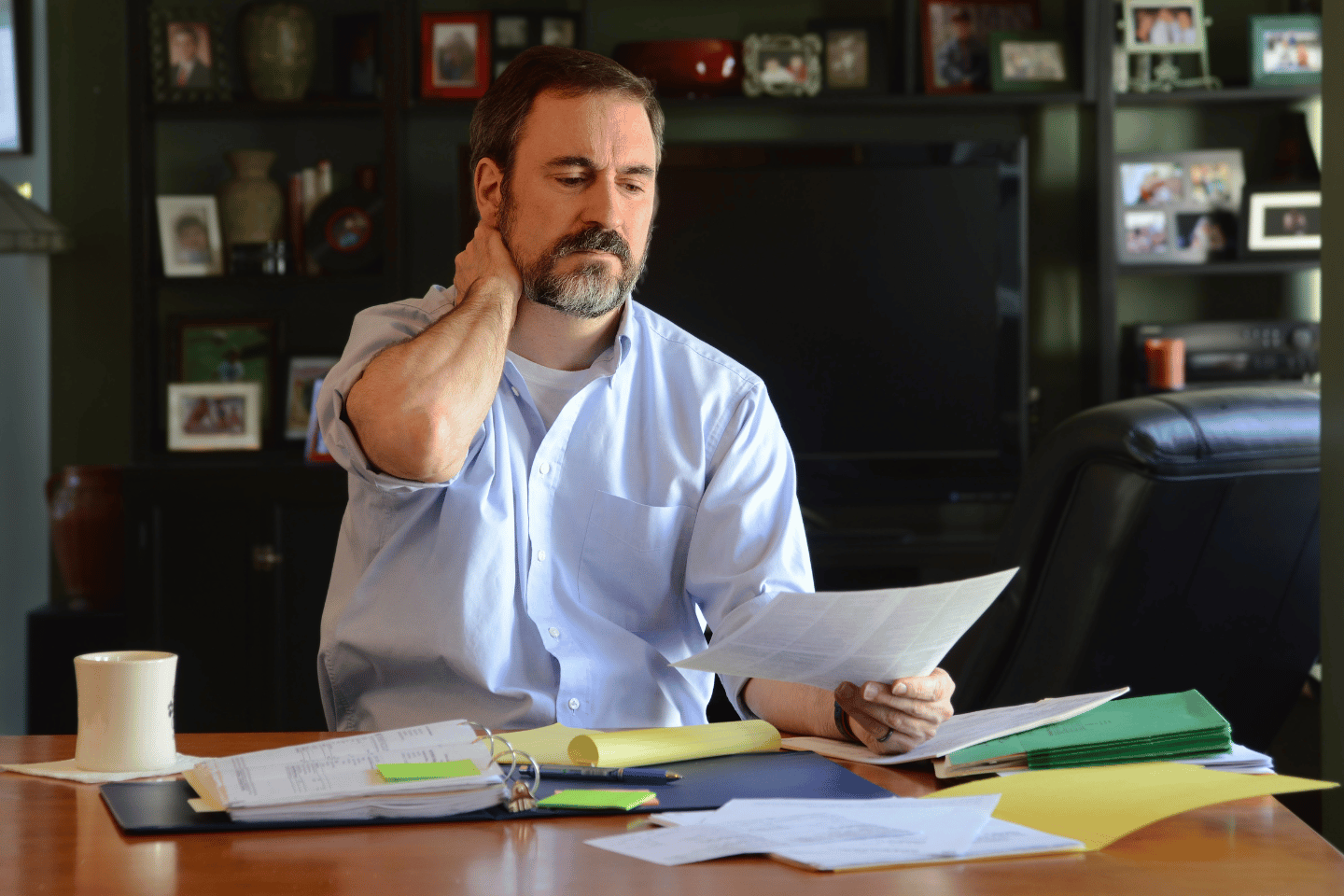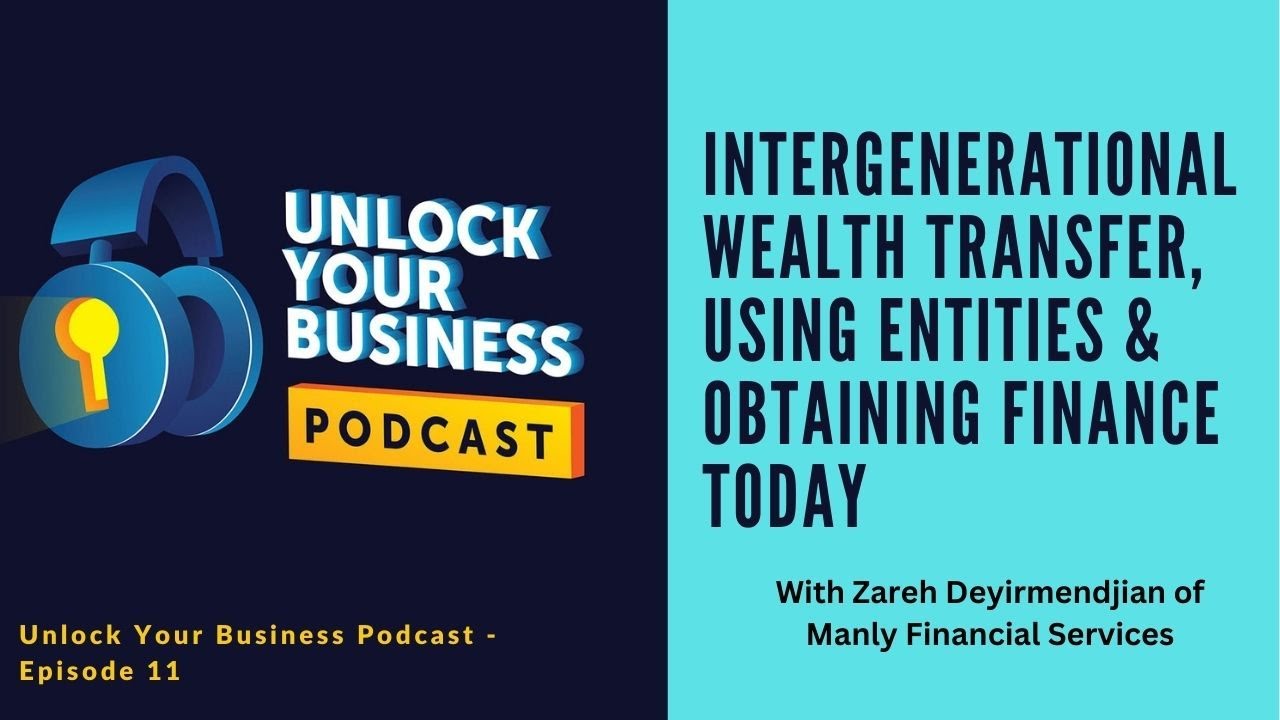June Tax Preparation Tips
Posted on:
Raffi Pailagian
MBA, BSc, DipFP
Financial Planner / Managing Partner
Tax time is one of those chores of life that nobody enjoys. It can be a real pain. Not only do you have to scramble to find all the receipts and statements you have misplaced over the course of the year, but there is often a fear that you will end up with a great big, unexpected tax bill. Or even worse – get an audit notice.
However, if you can get organised in advance Tax Time needn’t be the stressful event it has been in the past.
Why It’s Important
Don’t get me wrong – it’s important that we all pay our fair share of tax. After all, that’s what pays for our schools, hospitals, and other essential services. But nobody wants to pay more than their fair share.
So if there is a deduction to be had, a way to offset income, or a write-off to be made, you should take advantage of it. But be careful to ensure you are entitled to make the claims you are making.
Tax fraud is no laughing matter, and if you are audited you need to be able to prove everything is above board. This is why you need to be organised.
First Things First
The first thing you need to do is gather all your information. If your receipts and statements are in jumbled piles on your desk, buried in the bottom of your briefcase, stuffed in the glovebox of your car, or otherwise disorganised, start pulling them together as soon as possible.
This will allow you to see what your position is. What you need to determine is:
- What your income was. This includes any PAYG income, rental returns, profits from the sale of assets, dividends and so on.
- What tax you paid. Either through PAYG or any other method.
If you have not paid enough tax based on your overall income, it is time to look at some strategies that will reduce your taxable income, or reduce the tax payable on a portion of your income. Check out our April article on How To Pay Less Tax for more information on this.
What If I Haven’t Paid Enough Tax?
As with many things, it can be all about the timing. If you have determined you are in a position where you have paid insufficient tax, you need to look how you can rectify that situation. Solutions might include:
- Pre-paying of Income Protection Insurance or interest on an investment property mortgage
- Ensuring you have private health insurance and pre-paying for the following year
- Selling a non-performing asset at a loss to offset gains in other areas
- Reviewing how much money you have put into superannuation, and topping it up if you have not reached your allowed limit, or making spousal contributions if you are entitled
- If you have an investment property that may need repairs or maintenance, bring it forward into this financial year so you can claim it
- Purchase anything you feel you may need in the not-too-distant future that is claimable, such as a new laptop or home office equipment
- Make donations to your favourite charities
What If I’ve Paid Too Much Tax?
Well, lucky you! I see a nice refund in your future. Alternatively, if you have plans for the coming financial year that mean you might make a capital gain, like selling a property at a big profit for instance, you might consider bringing that sale forward so that the capital gain is not taxed in the following financial year. As I said, it’s all in the timing.
A Word About Working From Home
With so many people working from home during the Covid 19 lockdown, the tax department determined it would be simpler to provide a temporary shortcut claimable amount that covers things like electricity and internet usage than to expect people to claim each deduction separately.
This amount was set at 80c per hour worked, and is claimable up till 30 June 2021[i], although it may be extended. You will need to have kept a record of your work hours, and claiming this amount will not create CGT implications for your home if you are an employee working from home. A tax agent or accountant can advise on your personal circumstances.
Professional Advice
There are a number of benefits to getting professional advice:
- A professional is aware of all the deductions and offsets you are entitled to, and will make sure you don’t run foul of the tax department
- You have extra time as professionals have longer to put returns in to the tax office than individuals
- A professional might see opportunities to restructure your financial plans to reduce tax on an ongoing basis
- Last but not least, their fees are tax-deductible.
What About Next EOFY?
This is also a good time to review your situation for the coming year. In our next article, we will talk about the importance of an annual review of your financial situation, and what it involves.
If you are concerned your tax return is not providing you with the maximum benefits, Manly Financial Services can help ensure you receive the best advice. Give us a call on (02) 9976 3388 or contact us through the button below, to find out more.
Interested in knowing more?




